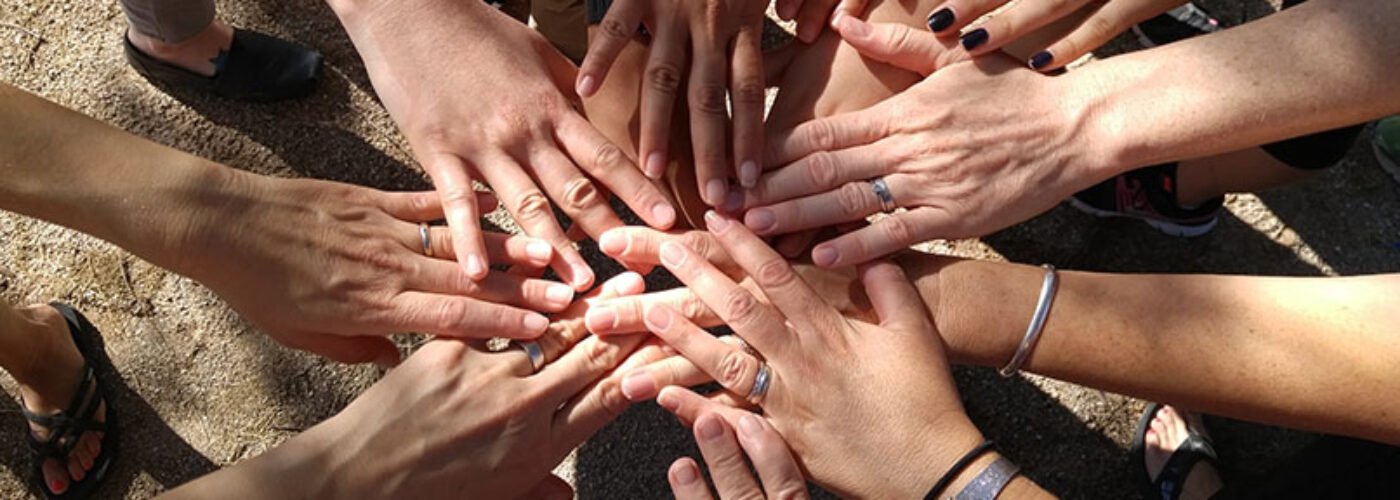
Philosophy of Second Street Children’s School
Second Street Children’s School practices emergent curriculum and uses an authentic assessment portfolio process to guide our children's goals and objectives and guidelines for teaching.
Our Philosophy
Second Street Children’s School (SSCS) falls under the play-based umbrella. In a play based program, children play to make sense of the world around them, and to find meaning in an experience by connecting it to something already known. Play-based learning plays a crucial role in social-emotional development because it provides many opportunities for children to interact closely with others. They may form friendships while playing games or completing activities with others and learn critical social-emotional skills like patience, empathy and kindness. SSCS provides children with many opportunities to further these skills during the school day.
Core Beliefs and Practices
At SSCS, We… Foster a climate of purposeful inclusion, an environment where all feel safe, valued, cared for, and given an opportunity to form meaningful connections with each other, in the following ways:
Prioritize health, safety, and emotional well being for all.
Believe play is essential for all children!
Believe all children have the right to equitable learning opportunities.
Believe we have a professional obligation to advance equity.
Recognize every member of the community as a unique individual.
Believe family engagement positively supports children's learning.
Provide a creative indoor learning environment which fosters growth in all developmental domains.
Believe children need ample opportunities to run and jump, hide and chase.
Provide a large outside learning environment that encourages creative and exploratory play.
Encourage children to select activities and materials that interest them.'
Believe children learn about the power of print and the value of becoming literate by being exposed to print in meaningful and relevant ways.
Expect children to become active participants in play.
Believe conflict is one way children learn about problem solving strategies.
Show respect for children’s needs and ideas, and speak with them in caring ways.
Believe in transparent, open, and reciprocal communication.
Provide workshops for families on varied topics in early child development and education.
Provide opportunities for families to participate in our school community in whatever ways they are able.
Provide regular and ongoing professional development and education for our educators.
Believe that the early years are the learning years, the critical time when memories are born that will sustain them throughout their years. It is more than the foundation of their whole life.
Our Approach to Early Learning?
We believe children learn best through play. As demands for testing and measuring, and getting children ready for total standardization increase, we work to create an environment where children have the support and freedom to explore who and what they are in relationship to those they are sharing their world with – that means, their parents, their educators, and their new friends.
We believe that children learn about the power of print and the value of becoming literate by being exposed to print in meaningful and relevant ways. We know that children, when given the opportunities to hear wonderful stories, are eager to tell their own stories. We see the evidence in the drawings children produce and the thoughts they share with us each day.
We believe that children need ample opportunities to run and jump, hide and chase. We know they thrive when they have some control over how they spend their days. Children are capable of making appropriate choices.
We believe that conflict is one way children learn about problem solving strategies. We believe educators and other adults do not need to rescue children from emotional conflicts or expressions, rather we need to be by the child’s side to support and coach them with helpful language, and repeatedly give the messages that what children feel and sense are valued.
We believe that the early years are the learning years. This is the critical time when memories are born that will sustain them throughout their years. It is more than the foundation of their whole life.
